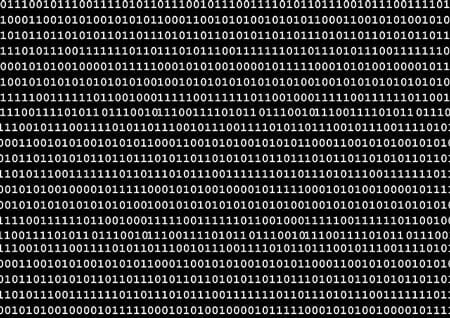Binary Basics
Students will:
- Gain a useful initial acquaintance with the basis of binary numbers, and by inference how computers work.
- Learn about the importance of discipline and team work.
Students will demonstrate/explain how:
- The Binary System works and its similarity to today’s electronic computers.
The lesson begins by asking how a Stone Age man managed to go home to his cave and tell his family he had caught 11 fish when he only has 10 fingers? It then draws students’ attention to the curious fact that whereas, when we write a word on paper or on a blackboard, we begin at the left and gradually work over to the right. But when we write numbers we start over on the right, and work over to the left. And so it is the same with binary numbers. We then explain how simple binary numbers really are.
The lesson notes the convenient similarity between the binary system, which uses only two digits, a 0 or a 1 for everything it does, and electronic computers, which essentially asks itself two questions, No or YES. In essence, the binary system and computers seem to have been made for each other. There is also a side reference to the Morse Code, which also employs two symbols – a Dot and a Dash.
This lesson has been assembled with the youngest students in mind. It provides the binary version of all 26 letters in the alphabet, so that students can send coded messages to each other. The lesson ends with a section in which the students are invited to discuss with the teacher, various ways in which they think these demonstrations could be improved.
Resources/Materials
- Teacher Resource Documents (PPT Slides).
- Student Resource Sheets (PPT Slides)
Alignment to Curriculum Frameworks
Curriculum alignment sheet is included in PDF.
source: [http://tryengineering.org]

